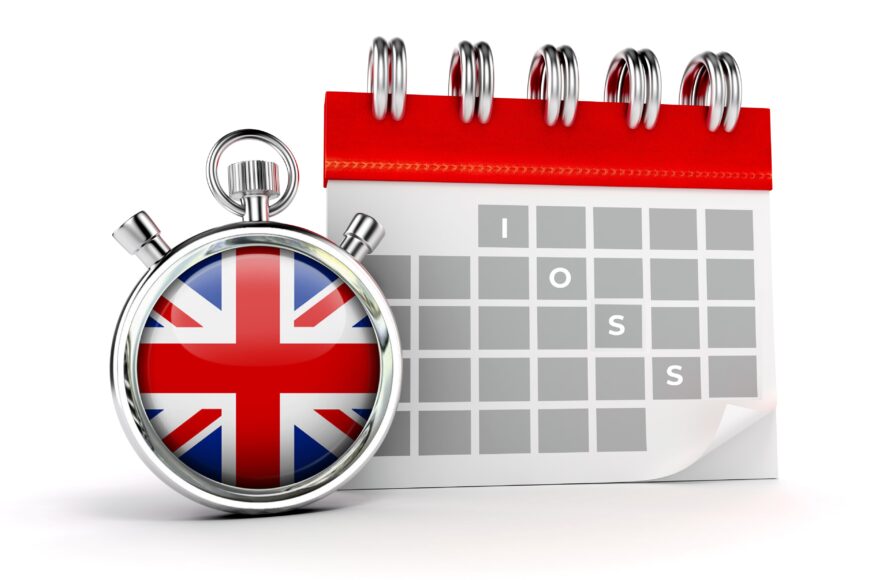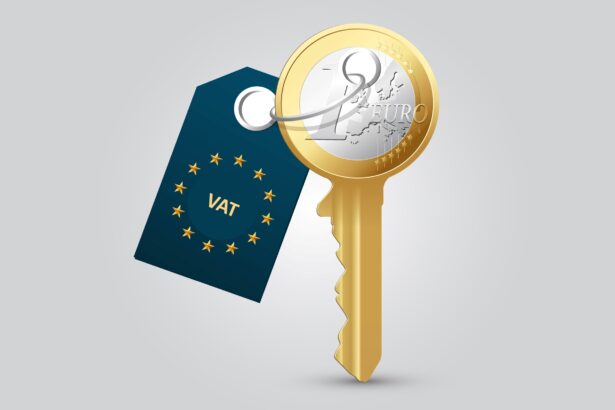UK distance sales : VAT regulations 2024 and related (I)OSS changes

Starting from March 1st , 2024, the distance sales of goods shipped from Great Britain (England, Scotland and Wales) or from the Isle of Man to Northern Ireland will be considered as local sales within the UK.
These sales are therefore to be reported in local UK VAT returns instead of IOSS declarations.
The IOSS declarations can be used for distance sales of low value goods imported into Northern Ireland and EU from other territories, in consignments under 135 GBP.
The IOSS registration can be done in a single EU member state, including Northern Ireland, if the applicant (representative) has a valid EU or UK VAT number. This registration, introduced in the EU since 01/07/2021, allows businesses to avoid paying import VAT and getting VAT registered in several EU member states.
The UK late payment penalties and interests will now be applicable to the unpaid VAT amounts declared both through IOSS and through OSS if they are due in Northern Ireland.
Both measures concern the reportable periods staring from March 2024.
Global context
The United Kingdom left the European Union in February 2020, four years after the Brexit referendum in 2016. The main EU regulations remained applicable in the UK during a transitional period run until January 2021. The UK withdrawal agreement was enabled by the signature of the Protocol on Ireland and Northern Ireland, which insured avoiding a hard border between Ireland and Northern Ireland and maintaining the integrity of the EU Single Market for goods. As a result, the Northern Ireland remained a part of the EU single market. The movements of goods between Great Britain and NI were considered as exports and imports, resulting in application of import VAT and customs duties (except special schemes).
In February 2023, the EU and UK agreed a new deal, the Windsor Framework, to make changes to the Northern Ireland Protocol.
The Windsor Framework aims to :
- reduce difficulties emerged from the implementation of the Protocol on Ireland/Northern Ireland in different fields, such as food, medicines, customs, VAT and excise, State aid, tariff rate quotas, governance and stakeholder engagement,
- restore the smooth trade within the UK internal market,
- maintain Northern Ireland’s special status within the EU.
The Value Added Tax (Distance Selling) (Amendments) Regulations
The regulations 2024/128 take their origins in Windsor Framework.
A. The amendment of the IOSS scope will facilitate the distance sales between Great Britain and Northern Ireland, making them reportable in the UK VAT returns. There will be no risk for the EU single market as the simplification concerns the low value goods shipped from Great Britain to final consumers (individuals) in Northern Ireland.
Before 2021, the EU member states practiced an import VAT exemption for goods under 22 EUR, with an equivalent of 15 GBP in the UK. Goods of higher value were subject to import VAT.
The UK removed the import VAT exemption on goods under 15 GBP on 01/01/2021. The imported goods between 1 and 135 GBP became subject to the local VAT. Higher valued goods were still subject to import VAT.
The low value consignment relief (LVCR) remained in place in Northern Ireland until 01/07/2021 for being removed within the EU e-commerce reform which introduced the IOSS (distance sale of imported goods) and OSS (distance sale of goods and electronic services) schemes.
The IOSS scheme concerned distance sales of low value goods imported into the EU and into Northern Ireland from Great Britain and from other countries. Starting from 01/03/2024, the sales from Great Britain to Northern Ireland will be excluded from the IOSS scope.
B. The alignment of the UK VAT penalties and interests’ regime with IOSS and OSS schemes aims to harmonize the rules within the UK extending them on Northern Ireland’s distance sales.
The progressive late payment penalties regime is in place in the UK since 01/01/2023.
- The first penalty is calculated at 2% between 16th and 31st days of the overdue payment. It’s increased after 31 days, being charged at 2% of what was outstanding at day 15 plus 2% of what is still outstanding at day 30.
- The second late payment penalty applies after day 30. It’s calculated at a daily rate of 4% per year on the outstanding balance, being charged every day from day 31 until the outstanding balance is paid in full.
The late payment interest is charged from the first day that the payment is overdue until the day it’s paid in full. It’s calculated at the Bank of England base rate plus 2.5%. It’s applicable both on the overdue VAT amount and on the overdue penalty.
IOSS registration
The registration in Northern Ireland’s IOSS scheme will be possible starting from March 1st,2024.
Not available so far for agents, the registration must be done by the trading business established in NI or in countries that the EU has concluded and recognises an agreement with (Norway so far).
Businesses established outside the EU and Northern Ireland can apply for the IOSS scheme in any EU member state. They will be able to make an IOSS registration and onward declarations through an agent or obliged to appoint a local tax representative. Facilitated distance sales of imported goods are reportable by facilitating marketplaces acting as deemed suppliers.
BtoBnice is accompanying businesses in EU IOSS registration and reporting : contact@btobnice.com



